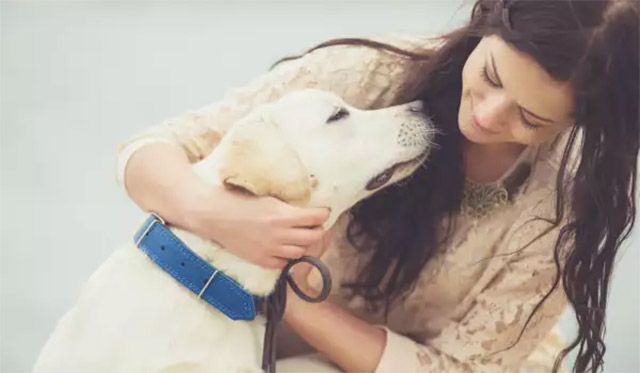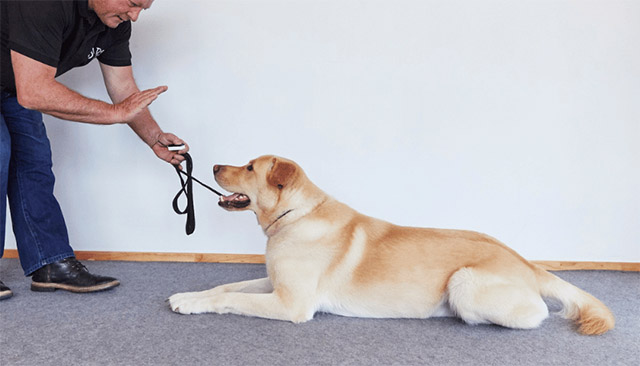Training a dog requires patience, focus, and consistency. Far from limiting your dog’s freedom, proper training strengthens the bond between you and your pet while also ensuring their safety in potentially dangerous situations.
For many owners—especially those with energetic or strong-willed dogs—the process of supervision and correction can feel exhausting. However, it’s important to understand that reacting with frustration or anger when a command is ignored only reinforces unwanted behaviors. Dogs quickly learn to associate your emotional outbursts with their actions and may repeat undesirable habits.

If your training attempt goes wrong, it’s better to ignore the behavior and calmly place your dog in a safe, confined space until the next session. This area should feel comfortable and secure, with toys or chew items to keep them occupied. For best results, practice 8–12 short sessions per day, each lasting 10–15 minutes.
One golden rule of training: never give your dog attention until it is calm and sitting still. When a dog learns that sitting quietly earns your focus, it begins to look to you for guidance and feedback. This not only reduces hyperactive behavior but also prepares the dog to respond more reliably to verbal cues.

From here, your dog will start to understand that everything it wants—whether it’s food, play, or attention—must be earned. The first and most essential verbal cue is: “Sit!” To teach this, say your dog’s name, followed immediately by the command. If needed, repeat every 3–5 seconds.
At the beginning, your dog may not respond. In that case, simply walk away and disengage. When your dog comes back seeking your attention, repeat the command as before. If it still resists, remain calm, repeat the process, and be patient. Eventually, persistence will pay off.

The instant your dog does sit, reward immediately. A small treat usually works best, as it creates a positive association and accelerates the learning process. With time and consistency, your dog will quickly learn that sitting on command brings rewards—and this foundational skill will open the door to more advanced training.






